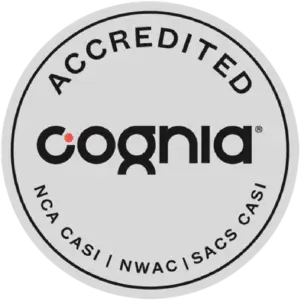
Best Elementary School in Brownsville: Top 10 Choices for 2025
Brownsville, Texas, with its unique border-town charm, historic Resaca waterways, and vibrant bilingual community, provides a supportive environment for families seeking quality elementary education. The city’s mix of public, charter,


